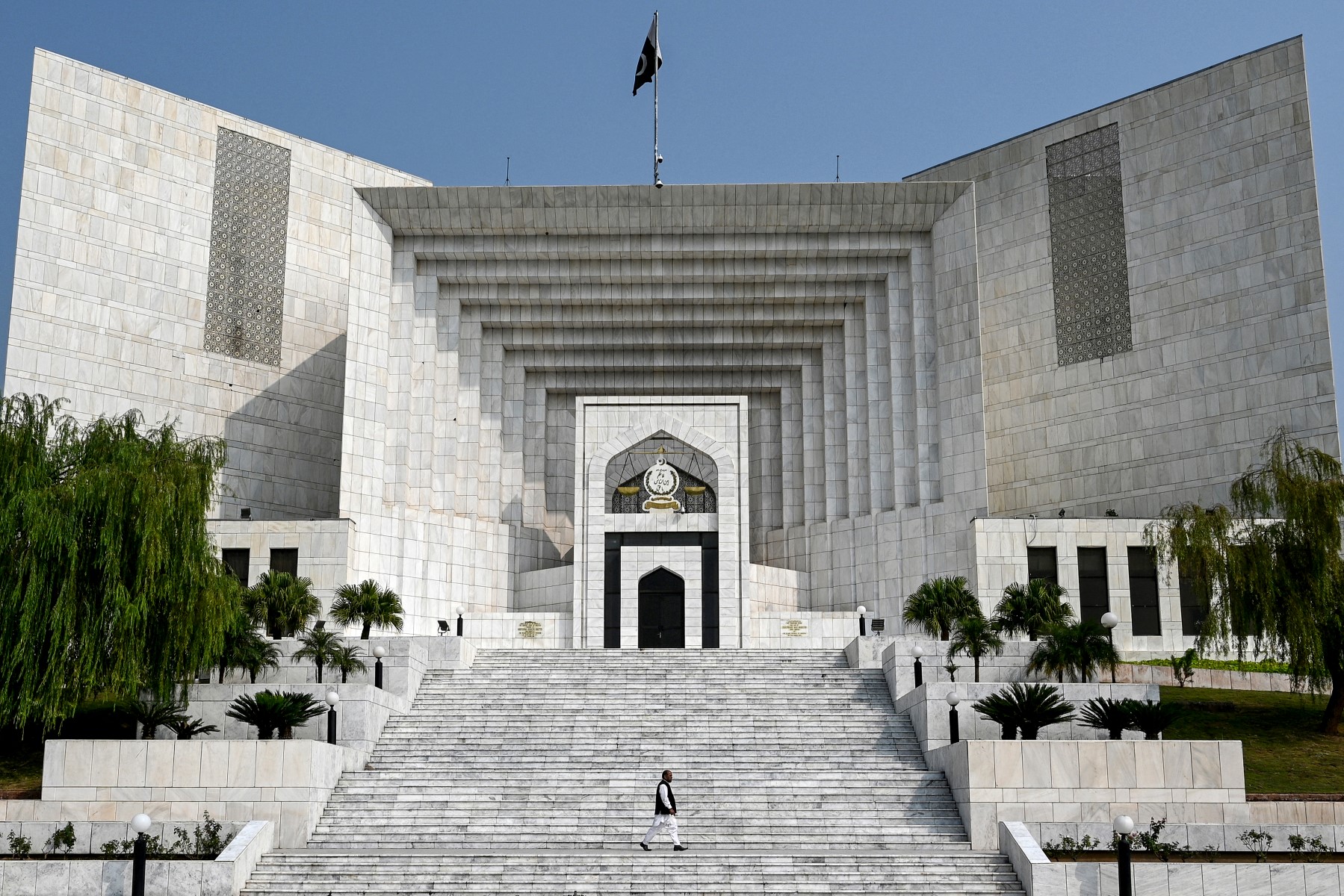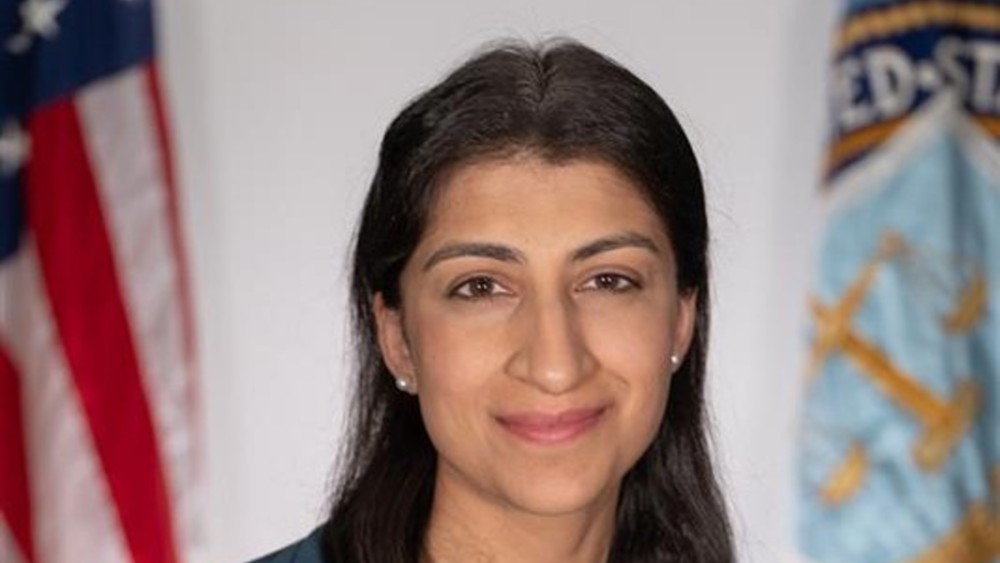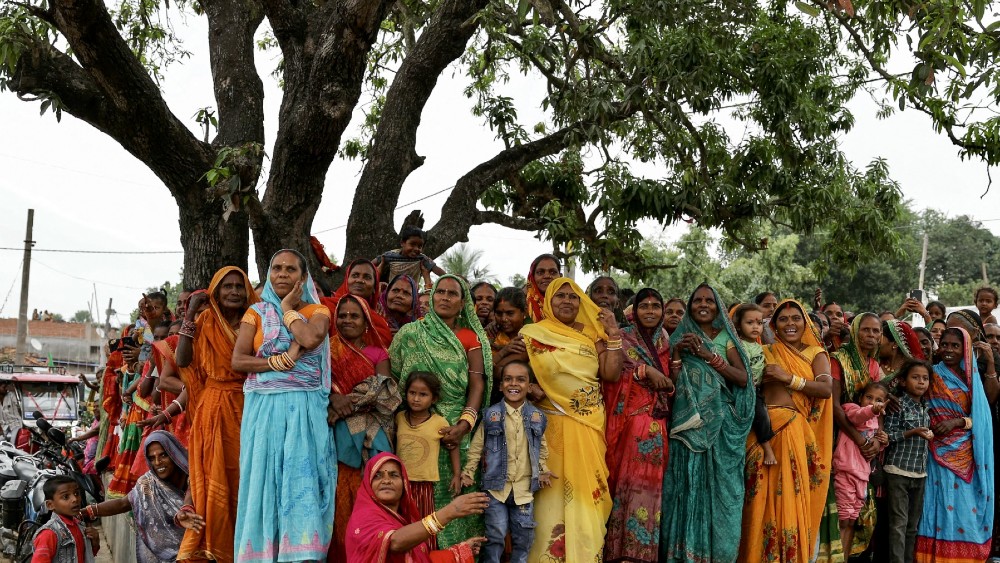ISLAMABAD: The Supreme Court of Pakistan has ruled that a woman’s marriage cannot disqualify her from employment under the quota reserved for children of civil servants who die or become incapacitated while in service, setting aside a ruling by the Khyber Pakhtunkhwa Service Tribunal.
In a judgment by Justice Syed Mansoor Ali Shah and by Justice Aqeel Ahmed Abbasi, the Supreme Court held that the marital status of a daughter “has no legal relevance” to her eligibility under Rule 10(4) of the Khyber Pakhtunkhwa Civil Servants (Appointment, Promotion, and Transfer) Rules, 1989. The bench declared that excluding married daughters from the quota “offends the constitutional guarantees of equality and non-discrimination” under Articles 14, 25, and 27 of the Constitution.
“The marital status of the child, whether male or female, is wholly immaterial,” Justice Shah wrote. “The rationale of the rule is compensatory and benevolent, it aims to provide financial continuity to the affected family, not to assess or penalize the marital status of the child.”
The court emphasized that the quota is “a recognition of the parent’s dedication to public service” and “the State’s means of extending continuity of livelihood to the family.” Justice Shah added that “to deny this benefit to a married daughter on the ground of her marriage is to misread the object of the rule.”
The ruling came in response to a petition filed by Farakh Naz, whose appointment as a primary school teacher in Karak was withdrawn after she got married. The District Education Officer acted under a departmental clarification stating that a married daughter was ineligible for the deceased or incapacitated employee quota.
Rejecting that view, the Supreme Court said that such executive instructions were “devoid of lawful authority” and “rest on outdated social stereotypes.” “If a son’s marriage does not disqualify him or interrupt the flow of financial benefit to the family, there is no rational basis to hold that a daughter’s marriage should have that effect,” the judgment noted.
The bench further observed that “the assumption that a daughter, by reason of her marriage, ceases to be connected with or concerned for her parental family is misconceived and rests on outdated social stereotypes.”
The judgement reiterated that the Constitution of Pakistan “is gender-neutral in its recognition of fundamental rights and does not draw a distinction between a man and a woman, or a son and a daughter, in the enjoyment of their entitlements.”
It further adds, "Being married is not a disqualification that strips a woman of her personhood or her constitutional entitlements; marriage merely alters her legal status, not her fundamental rights. A woman like a man is a 'person' under the Constitution – and this constitutional status of her personhood remains undisturbed through marriage or divorce."
The court also highlighted long-held assumptions about women’s dependency, stating that, "The view that a daughter (and not the son) is always dependent upon her father and thereafter as a wife is always dependent upon her husband is constitutionally unsustainable." It observed that such a view “undermines her individuality and erodes her identity as a person in her own right.”
Quoting legal scholar Martha C. Nussbaum, the judgment added that “a society that denies women equal opportunities for full human functioning denies itself justice.”
“This constitutional framework acknowledges that women have historically faced systemic disadvantage and therefore deserve additional support to ensure substantive equality,” the judgment stated.
“Yet, despite this constitutional protection, the petitioner has been denied her rightful claim to the quota reserved for the children of a deceased or incapacitated parent on the ground of her marriage — a denial that stands in stark contradiction to both the text and spirit of the Constitution,” it added.






